News
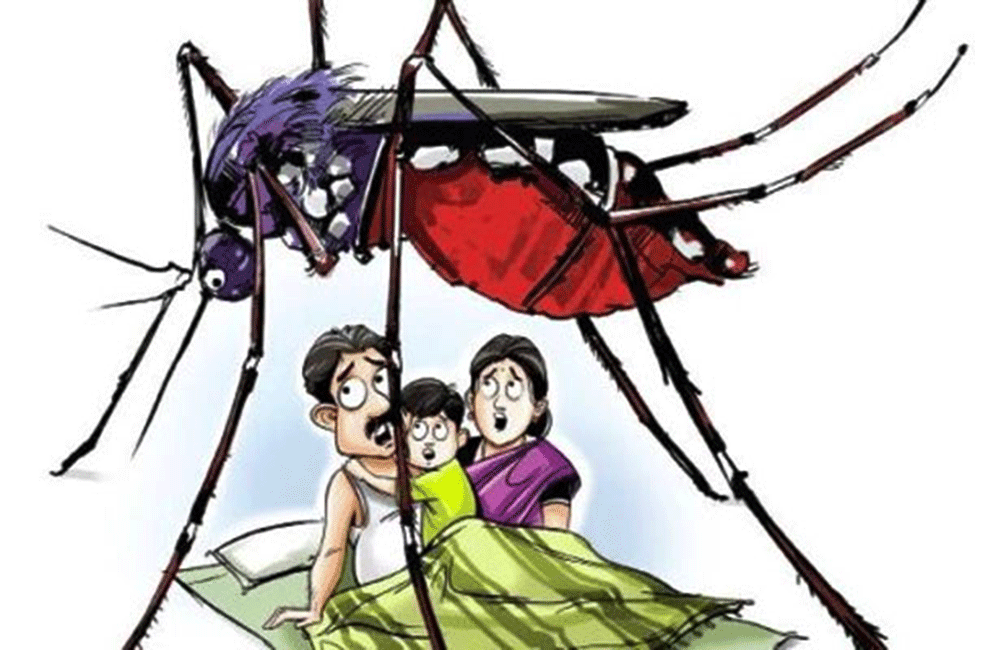
Dengue prevention week to commence tomorrow
Sri Lanka Ministry of Health jointly with the Ministry of Education, has declared the week from today to April 9 as a National Dengue Prevention Week to launch island wide cleaning campaigns for mosquito eradication.
The Dengue Prevention Week aims to prevent breeding of mosquitoes which increases with the arrival of South West monsoon rains.
The Presidential Task Force together with the Ministries of Education and Health launch the National Dengue Control Week across the country, especially in schools before the new term begins after the holidays.
All Provincial and Zonal Directors of Education have been given instructions to implement the Dengue Prevention Week at schools.
The education officials are instructed to implement the mosquito eradication programs in schools while educating the school community and to implement programs in schools and offices that are not continuously following the dengue eradication programs. The have been instructed to ensure the school premises are clean before the schools resume after vacation.
Since the 1st January of this year, 14,000 suspected dengue cases have been reported from all over the island to the Epidemiology Unit of the Health Ministry
Source : Colombo Page
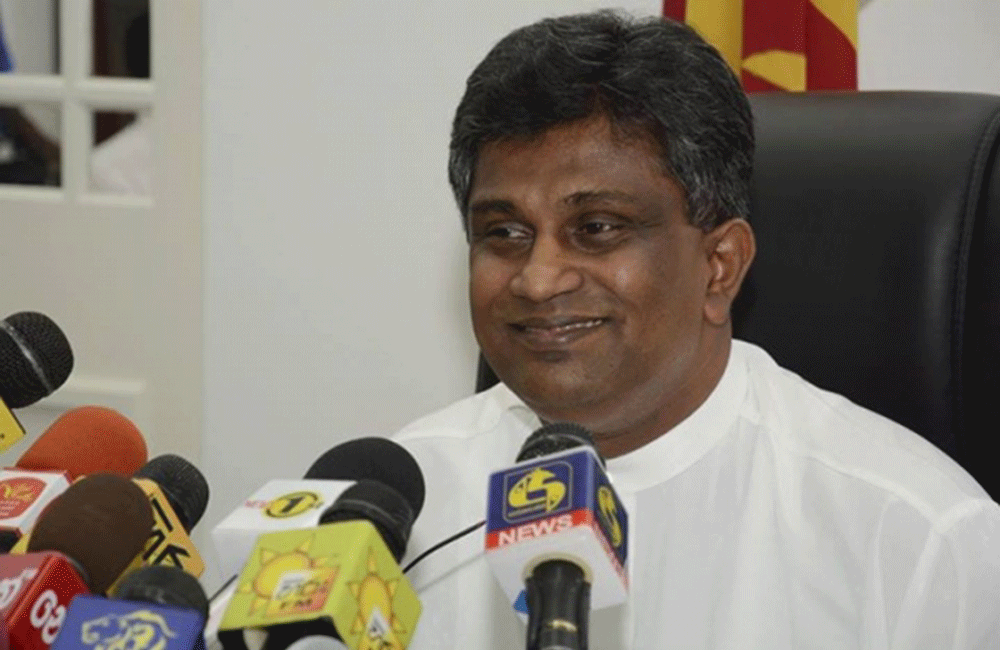
Subjects under PM removed by his own advise : Ajith P. Perera
Subjects and institutions coming under the purview of Prime Minister Ranil Wickremesinghe was removed following his own advice, UNP MP Ajith P Perera said today.
"Subjects and institutions that is coming under the purview of Prime Minister Ranil Wickremesinghe was removed following his own advice and it is a part of government's plan to go on a new journey," State Minister Perera said at a media briefing this morning
Source : Daily Mirror
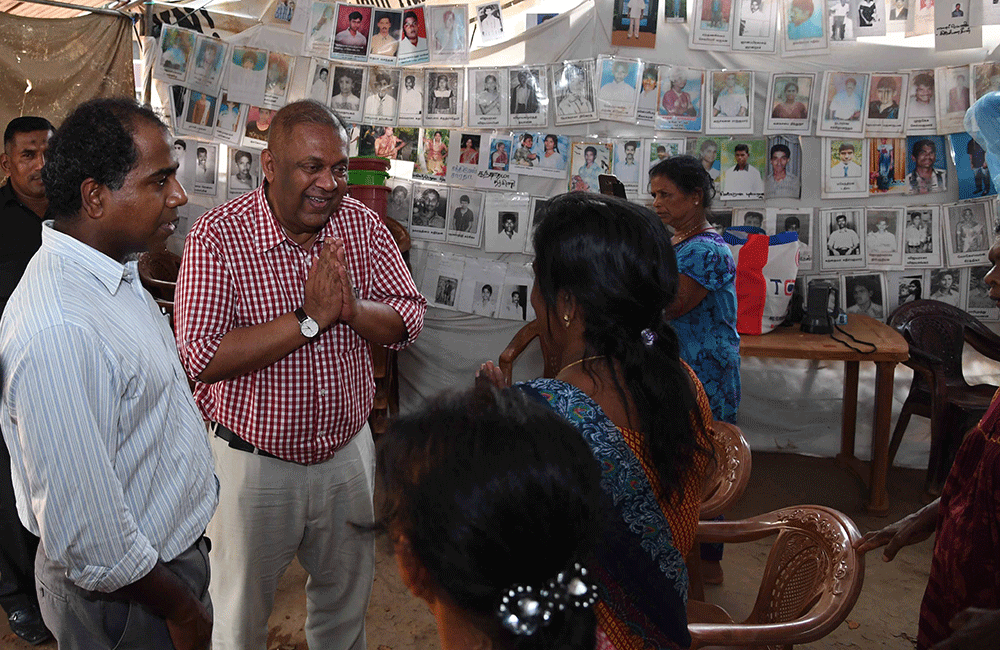
Minister Mangala Samaraweera meets with 'Mothers of the Disappeared' in Mullaitivu
Minister of Finance and Mass Media Mangala Samaraweera today met with the mothers of the disappeared and missing in Mullaitivu, who are staging a roadside protest opposite Mullaitivu District Secretariat for the past 390 days demanding to know the whereabouts of their missing children.
The mothers of the disappeared presented the facts about their missing children to the Minister and requested him to provide a quick solution.
The Minister assured them that officers from the Office on Missing persons (OMP) will be sent to meet them soon to learn about the disappearances and he personally will intervene to ensure that the mother will receive the information they seek on their loved ones.
Minister Samaraweera stressed that the activities of the OMP will not be interfered politically or militarily.
Source : Colombo Page
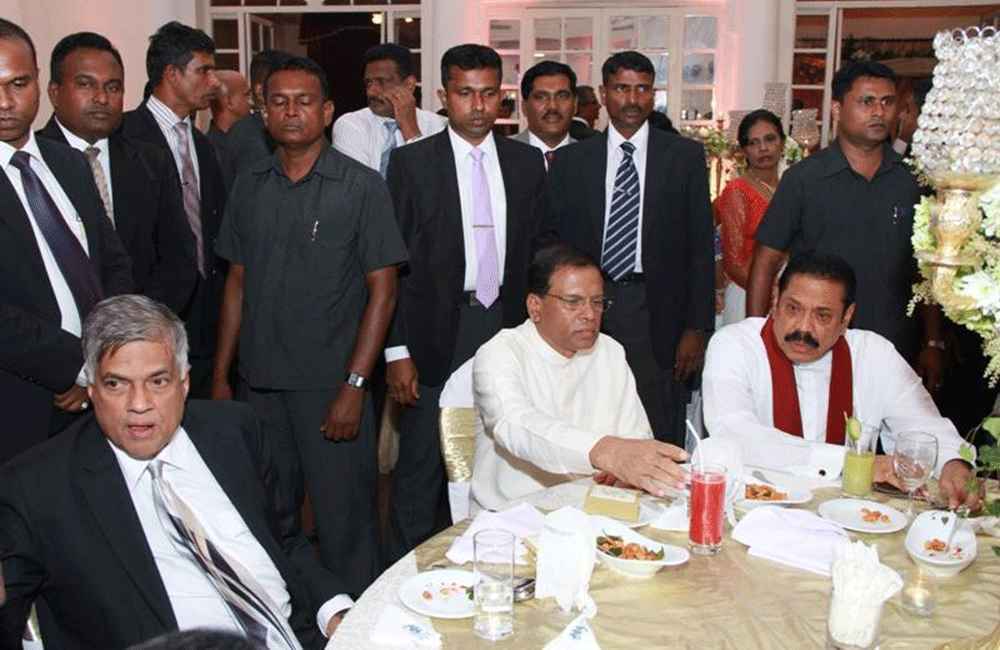
Rajapaksa hopes Sirisena will back NCM against PM
Sri Lanka's former president Mahinda Rajapaksa has expressed hope that incumbent Maithripala Sirisena - who was responsible for his ouster in 2015 - will support a no-confidence motion backed by the Joint Opposition against Prime Minister Ranil Wickremesinghe.
The motion scheduled for April 4 was handed over to Speaker Karu Jayasuriya by the Joint Opposition last week against Wickremesinghe, accusing him of financial mismanagement and failing to tackle anti-Muslim riots early this month in the central Kandy district.
"It is now up to the President (Sirisena) to ensure the victory of the motion by getting his SLFP members to support it," Rajapaksa told reporters.
The Sri Lanka Freedom Party (SLFP) which is part of the unity government with Wickremesinghe is yet to decide on the way they will vote on the motion.
Wickremesinghe, 68, had resisted a call from Sirisena to resign following a crushing defeat to Rajapaksa's new party Sri Lanka People's Front in the February 10 local election.
It is no secret that Sirisena wants Wickremesinghe's ouster so that he could replace him with his own choice.
Wickremesinghe was recently replaced as law and order minister after clashes erupted in the Kandy district. Last week, the president also removed key institutions, including the Central Bank, from the control of Wickremesinghe.
Sirisena in 2015 quit the Rajapaksa government to join hands with Wickremesinghe, the then main opposition leader, to defeat Rajapaksa in the presidential election ending his 10-year rule.
Rajapaksa said if Wickremesinghe were to be defeated in the motion on April 4, the Joint Opposition would press Sirisena to dissolve parliament to hold a fresh election for parliament.
Constitutionally, the current parliament could not be dissolved before February 2020. It requires a motion adopted with 2/3rds in the 225 member assembly to call for snap elections.
Rajapaksa is constitutionally barred from contesting for the presidential election for a third time. However, he can become the prime minister.

No Entry : Minister of Buddha Sasana denied entry to Indian temple
Sri Lanka’s Minister of Buddha Sasana, Gamini Jayawickrama Perera, who was in India last month, had keen to visit the famous Lingaraja temple in Odisha but was prevented by the temple priests.
The temple priests had refused to allow him entry as he was not a Hindu, according to the Indian Financial Express.
Perera relayed his experience at a conference organised by the Kalinga International Foundation at Bhubaneswar, to an embarrassed audience. The foundation’s chairman, former Indian foreign secretary Lalit Mansingh, apologised profusely on behalf of his state, the news report said.

Light Rail system in Colombo by 2025
The Government said that they expect to commence the operation of the Colombo Light Rail (CLR) system by the year 2025.
Action is being taken by the Government to implement a project on Light Rail Transit System (LRT) to establish an efficient and effective passenger transport system in the Colombo Megapolis area.
Under this 7 LRT lines have been planned to be constructed and in this respect priority has been given to the LRT line running within Colombo and the LRT line extending towards Malabe from Boralle via Battaramulla.
In accordance with the agreement with the Japan International Corporation Agency (JICA) which provides funds for the construction of the proposed 2 roads the regulatory frame work relating to the above has to be drawn up before commencing the construction of the said 2 roads.
Accordingly, the proposal made by the Minister of Megapolis and Western Development, Patali Champika Ranawaka, to establish a legal entity for the regulation on management of the proposed LRT, to provide for relevant legal provision and to instruct the Legal Draftsman to prepare the Sri Lanka Light Rail Transit System Bill, was approved by the Cabinet this week.
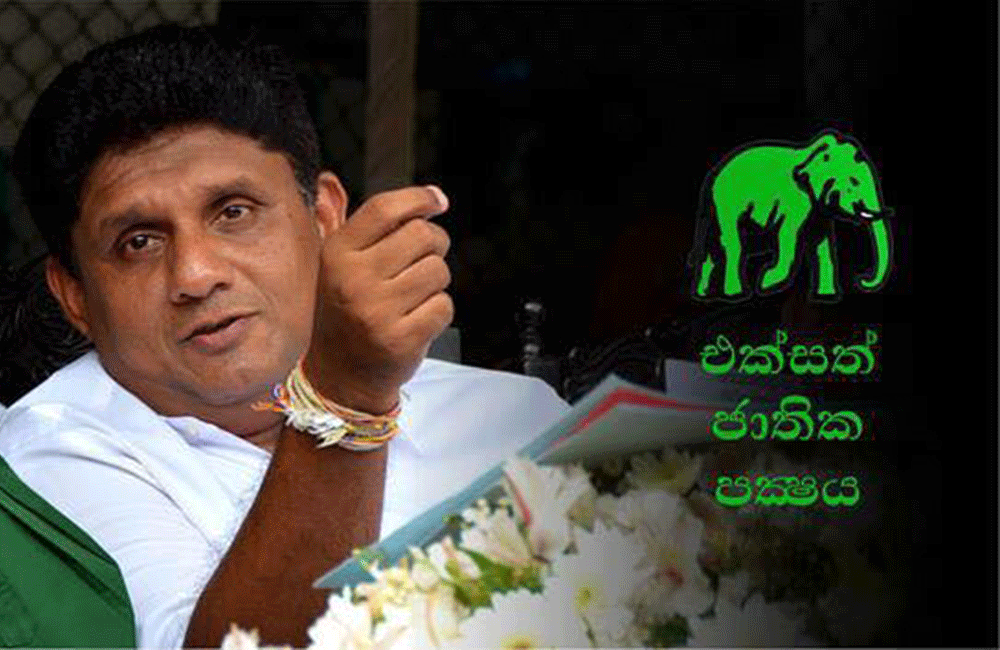
Ranil being forced to name Sajith as PM
If the government is unable to abolish the executive Presidency, a group of Ministers are requesting that Sajith Premadasa is nominated as the next Prime Minister for the upcoming 2020 Presidential election political sources said.
If a Presidential election is to be held in 2020 Wickramasinghe has already claimed to party seniors that he will contest for the Presidency.
He is said to have stressed this when he met some Ministers yesterday when asked as to who the party will field as its 2020 Presidential candidate.
According to sources several Ministers claiming to support the NCM such as Palitha Range Bandara, Wasantha Senanayajke had been in attendance.
When questioned about this claim however a UNP senior leader said it was a merely April fools joke by the PM.
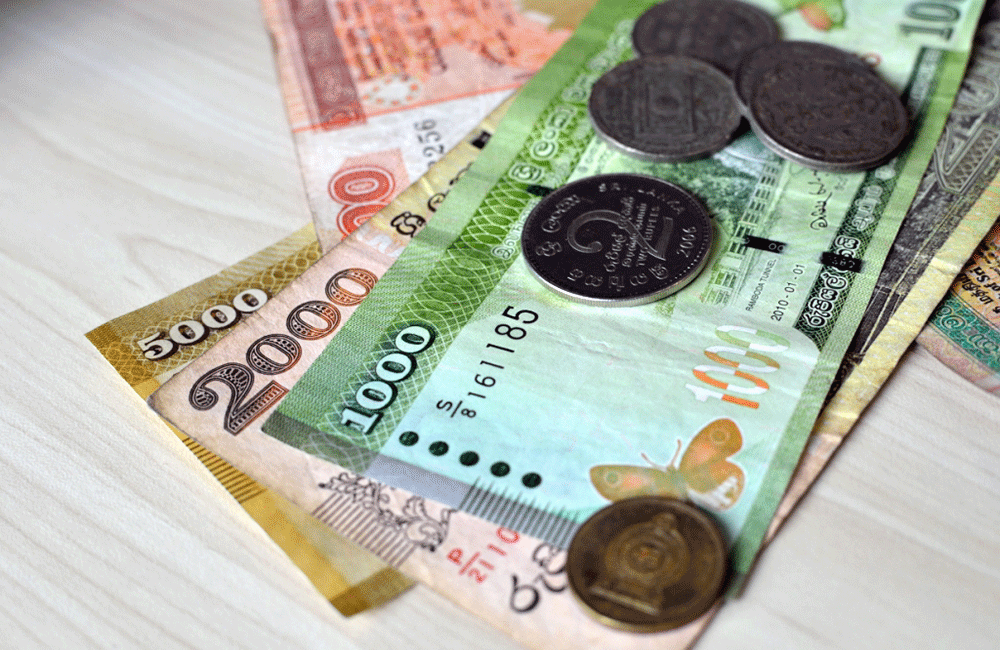
New inland revenue act comes in to effect today!
According to the Ministry of Finance a new Inland Revenue Act is scheduled to come into effect today (1st April). Following the new Inland Revenue Act, a number of tax amendments will take place with effect from tomorrow (2nd April).
The Payee Tax is one of the key areas that would be amended following these tax amendments. Accordingly, the employee tax-free status will be revised from annual salary of Rs 750,000 to annual salary of Rs 1.2 Million.
Ivan Dissanayake, the Commissioner General of the Inland Revenue Department says the interest of savings deposits will be increased from 2.5% to 5% as a result of the new amendments. The Sri Lankans who are serving overseas will benefit with additional 5% interest on their funds deposited in local banks.
However, according to the new act, there will be no tax imposed on the money sent by expatriates who are living in Sri Lanka to their families and relatives.
Source : News First
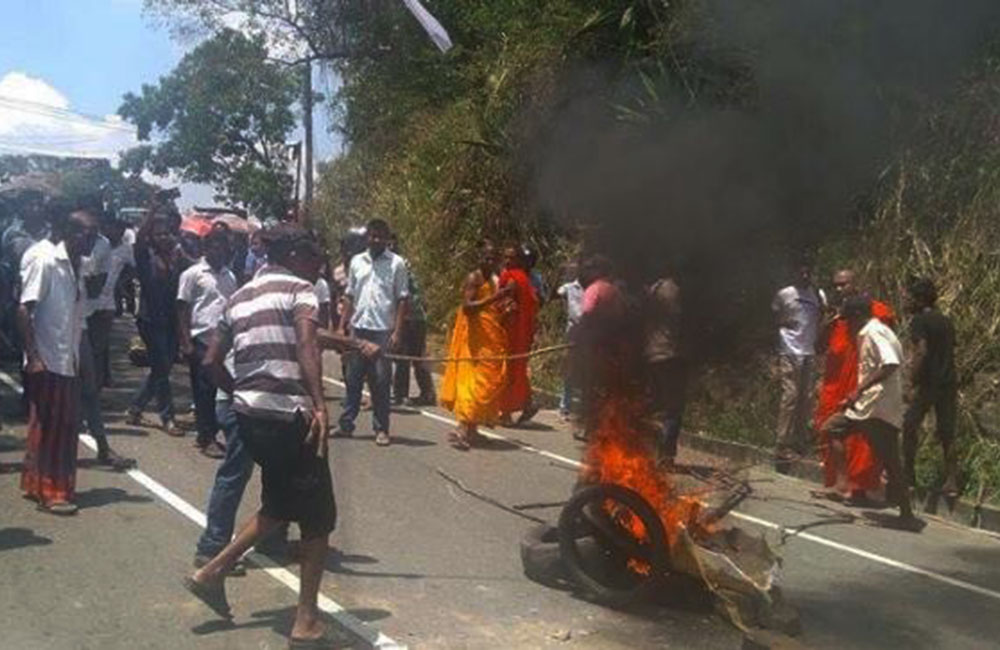
TID on the hunt for more Kandy suspects
A team of officials of Terrorist Investigation Division (TID) has arrived at Kandy area to apprehend the suspects involved in Kandy incident.
Several more suspects have are due to be arrested on CCTV footage and other information recovered, said police Spokesman SP Ruwan Gunasekara.
Four more suspects including a former army soldier were arrested yesterday (01) in connection with the recent incidents of violence in Kandy. They were arrested on suspicion by the Terrorist Investigation Division (TID), he said.
Several suspects including one of the main instigators Amith Jeewan Weerasinghe are currently in remand custody over the attacks.
Meanwhile a recently-elected SLPP member of the Kundasale Pradeshiya Sabha was also arrested by the TID on March 28 for causing damages to businesses and places of religious worship at Digana, Kandy.
Source : Ada Derana

University of California-Berkeley to set up undergraduate programs in SL
The Government has signed an agreement to set up a Higher Institute of Technology, with the University of California in Berkeley — ranked among the top ten in the world. Dr Nalin Walpita, chairman of the Prime Ministerial Committee on the Centre of Excellence for Higher Education, told a news conference that they had signed an agreement with this prestigious university for the first phase of the partnership to setup an undergraduate business and engineering school in Sri Lanka.
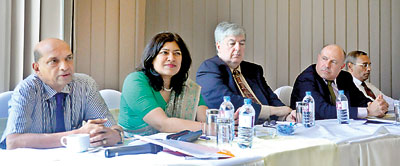
Announcing the entry of the US university to Sri Lanka. Pic by Athula Dewapriya
Dr. Walpita said 25 percent of the intake would be for Sri Lankan urdergraduate students on scholarships.MBA programmes for those who were working as executives would also available The Higher Institute of Technology would be set up as a no-profit private-public partnership (PPP) and would enable South Asian students to receive world class education, he said.
At a news briefing in Colombo, Adam Berman, who is the Executive Director of the Project for the New Academic Ventures unit at the University of California, said they were excited about the new collaboration to design a 21st century school. He said they were working closely with the leadership of the Higher Institute of Technology and corporate sponsors to develop a world class university that would deliver high quality education at an affordable cost.
Yasoja Gunasekara, Director General of the SAARC Division of the Ministry of Foreign Affairs, said the new venture could make Sri Lanka an education hub in South Asia. The project, the brainchild of Prime Minister Ranil Wickremesinghe, was approved by the cabinet on a proposal made by the Ministries of National Policy and Economic Affairs, Higher Education and Science and Technology.
Officials said the Government would allocate land in the Port City area and the new university would lease a land at Keragala in Biyagama to develop a Technology Township, a technology park and innovation hub, housing and common facilities and infrastructure.
(Sunday Times)
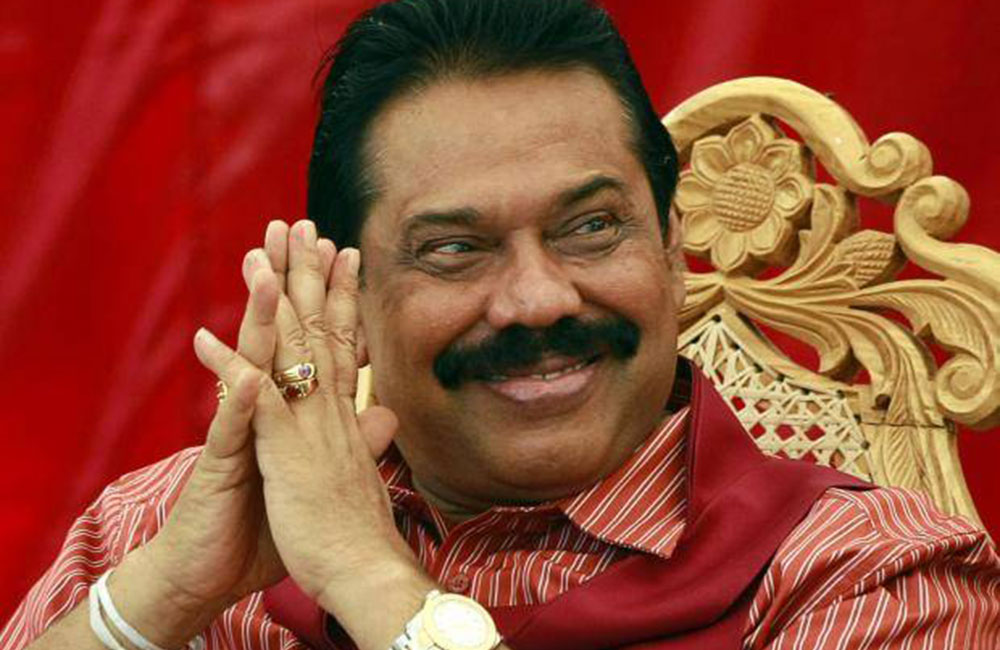
No confidence motion: If secret vote held Mahinda to support Ranil
Certain members of the Joint Opposition are said to be worried that Former President Mahinda Rajapaksa will support Prime Minister Ranil Wickramasinghe in the upcoming no-confidence motion if a secret vote is called in parliament on April 4.
According to sources, the members are of this opinion due to comments being made by Basil’s supporters against the no-confidence motion.
While Dinesh Gunawardena was set to seek for a secret vote in order to get the maximum support from the UNP and SLFP MPs however he is said to have changed his mind due to this reason.
Ranil supporters within the JO?
Several members of the JO are said to be on a mission to save the PM from the no-confidence motion. These members were noticed when they tried to disrupt the handing over of the no-confidence motion to the speaker according to the Lanka C News website managed by MP Wimal Weerawansa.
These members are attempting to disrupt the no-confidence motion due to the unfavourable circumstances being faced by the PM.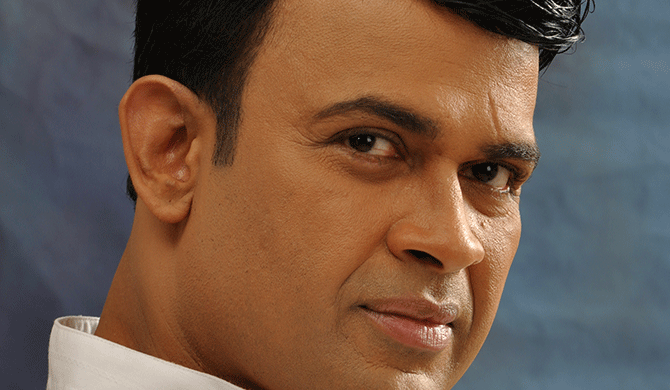
"As the leader of the UNP, each time the Prime Minister faced a difficult situation, the former President always supported him”
- Ranjan Ramanayake
Why did Mahinda not sign the no-confidence motion?
Meanwhile, Deputy Minister Ranjan Ramanayake has said the Former President did not sign the no-confidence motion “as a result of their friendship”.
"There is a long-lasting friendship between the Prime Minister and the former President and they have helped each other in times of difficulties. The not signing of the no-confidence motion is yet another demonstration of this, the deputy minister said.
"Everybody who understands the politics of Sri Lanka knows that Mahinda Rajapaksa and Ranil Wickremesinghe are two good friends.
"As the leader of the UNP, when the Prime Minister was in a difficult situation, President Rajapaksa has therefore taken steps to save him," he added.
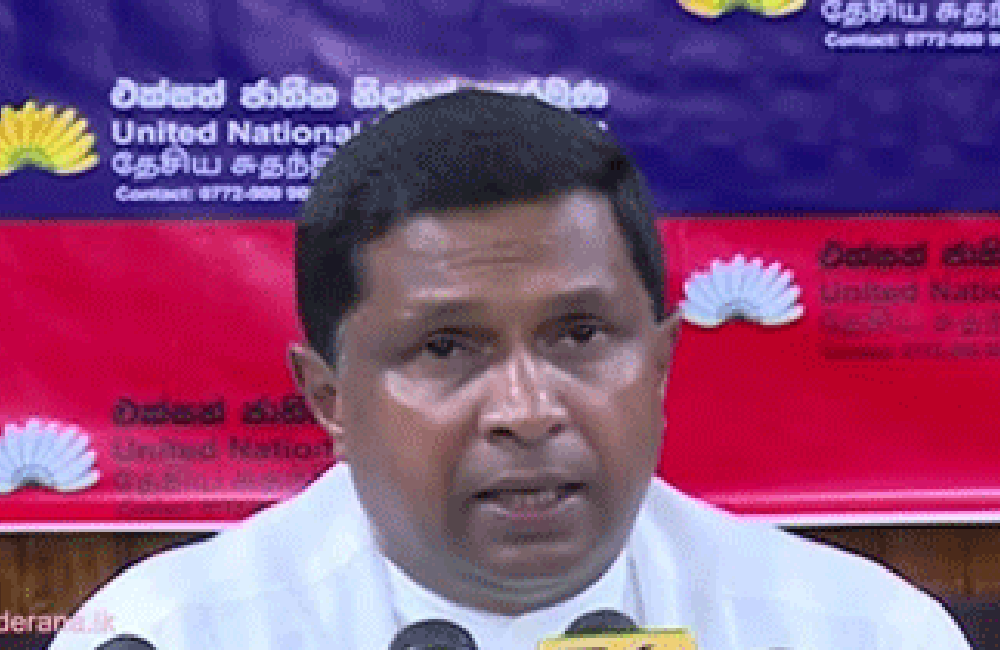
Maithri Gunaratne arrested and released on bail
Maithri Gunaratne, the General Secretary of the National Freedom Front (NFF) was arrested by the Police today for having two shotguns in his possession. He was arrested by the Kadugannawa Police.
However, he was released on bail later by the Kandy Magistrate, after producing two valid licenses for the two shotguns.
Page 472 of 531